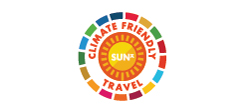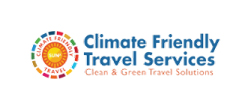
Paris 1.5 focuses on helping tourism businesses to align with the Paris Climate Agreement. This involves building resilience to climate impacts and reducing greenhouse gas emissions.
- Climate Risk & Resilience
Rising sea levels and intensifying storms can flood coastal properties, erode beaches that attract visitors, and damage critical infrastructure. Droughts can strain water resources, making it difficult to maintain facilities and services. Shifting weather patterns and temperatures can shorten peak seasons and alter traditional visitor flows, affecting your bottom line. Furthermore, heat waves can debilitate tourists and strain water resources, increasing energy and water costs and making it difficult to maintain facilities and services.
 No More Articles
No More Articles
- Energy Efficiency
Increasing renewable energy and becoming energy efficient reduces greenhouse gas emissions. Reducing energy consumption can lead to significant cost savings for tourism businesses. With energy often being one of the largest operating expenses, implementing energy efficiency measures and investing in low-carbon technologies can lower utility bills, improve profitability, and enhance competitiveness.
- Low-carbon transport
Increasing guest use of low-carbon transport reduces the carbon footprint associated with their travel. By providing EV charging infrastructure, offering incentives for low-carbon transport use, and partnering with local providers, hotels can enhance their green reputation, attract new customers, and potentially generate additional revenue streams
 No More Articles
No More Articles


 284
284 














